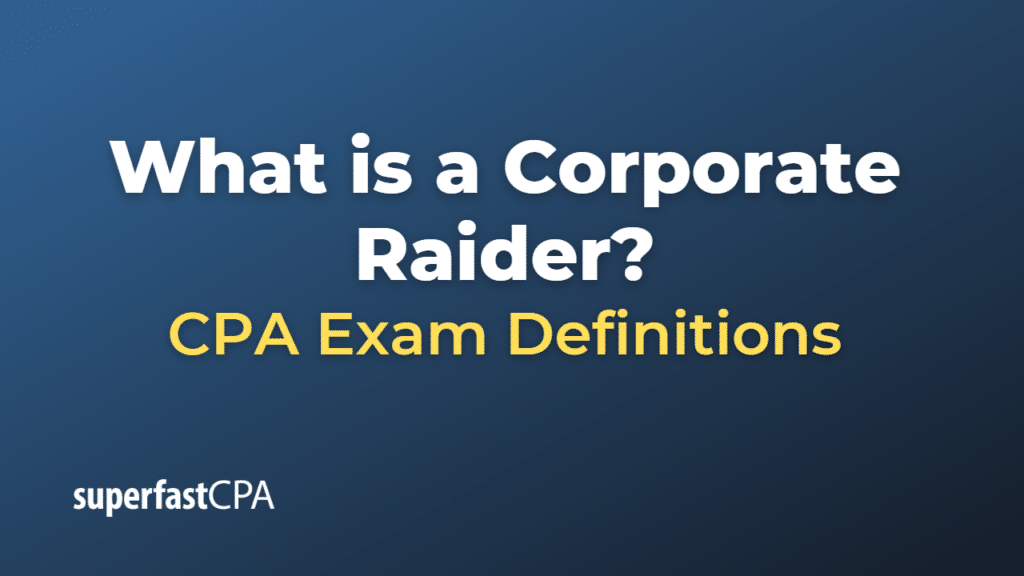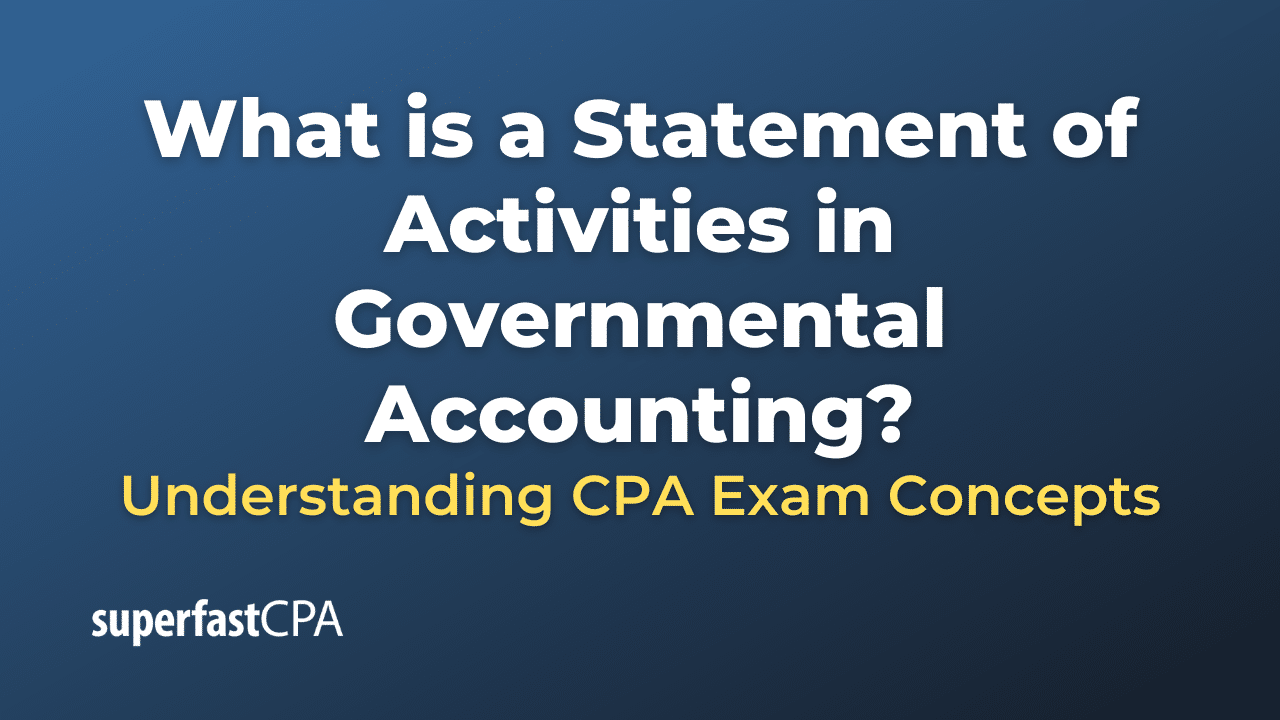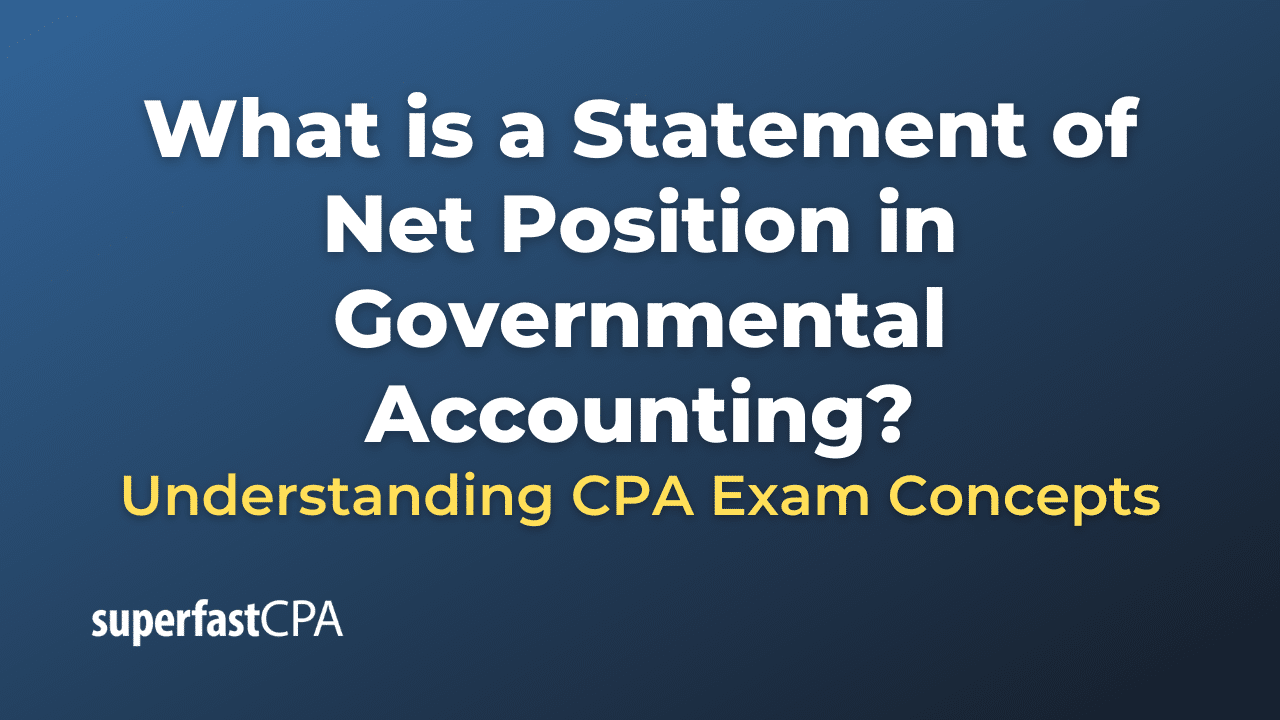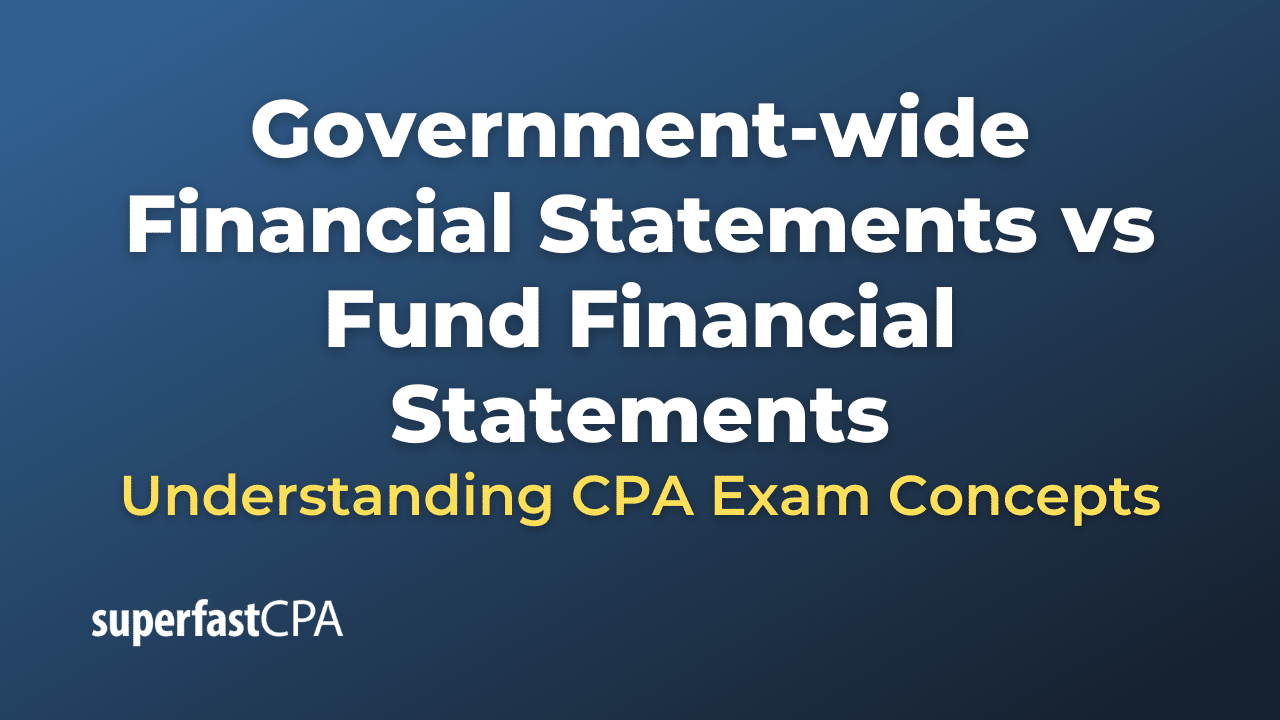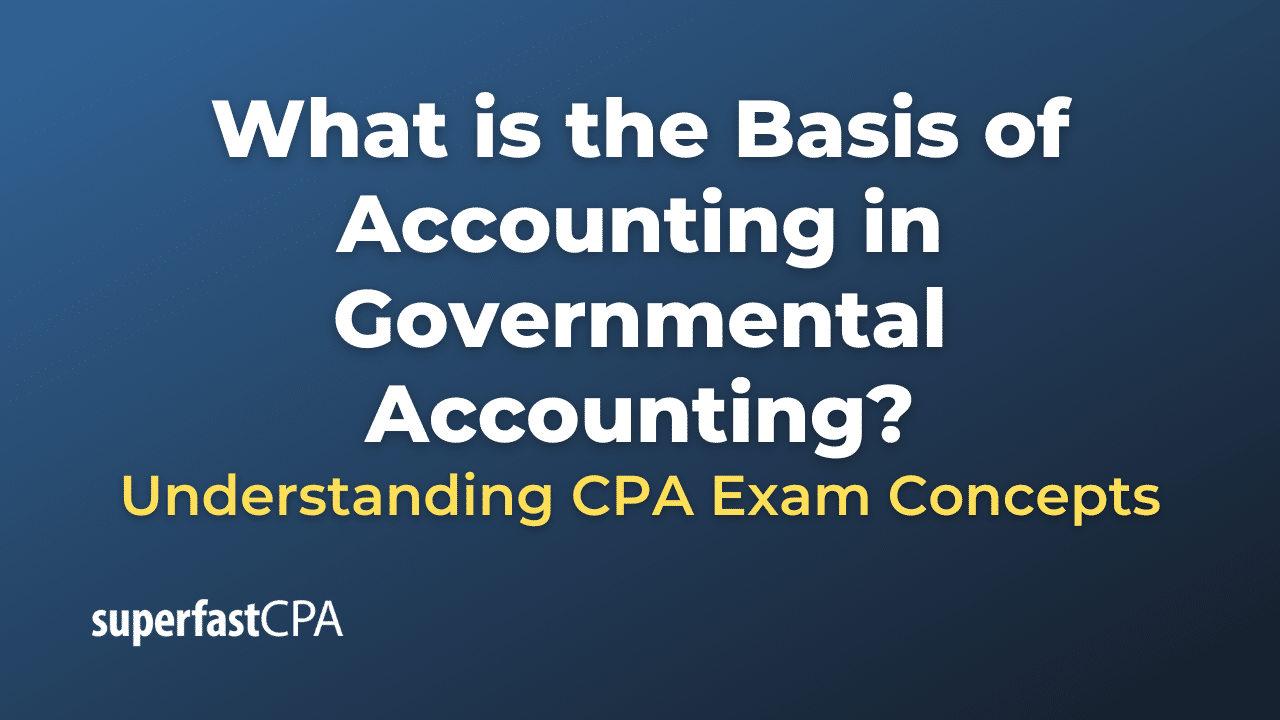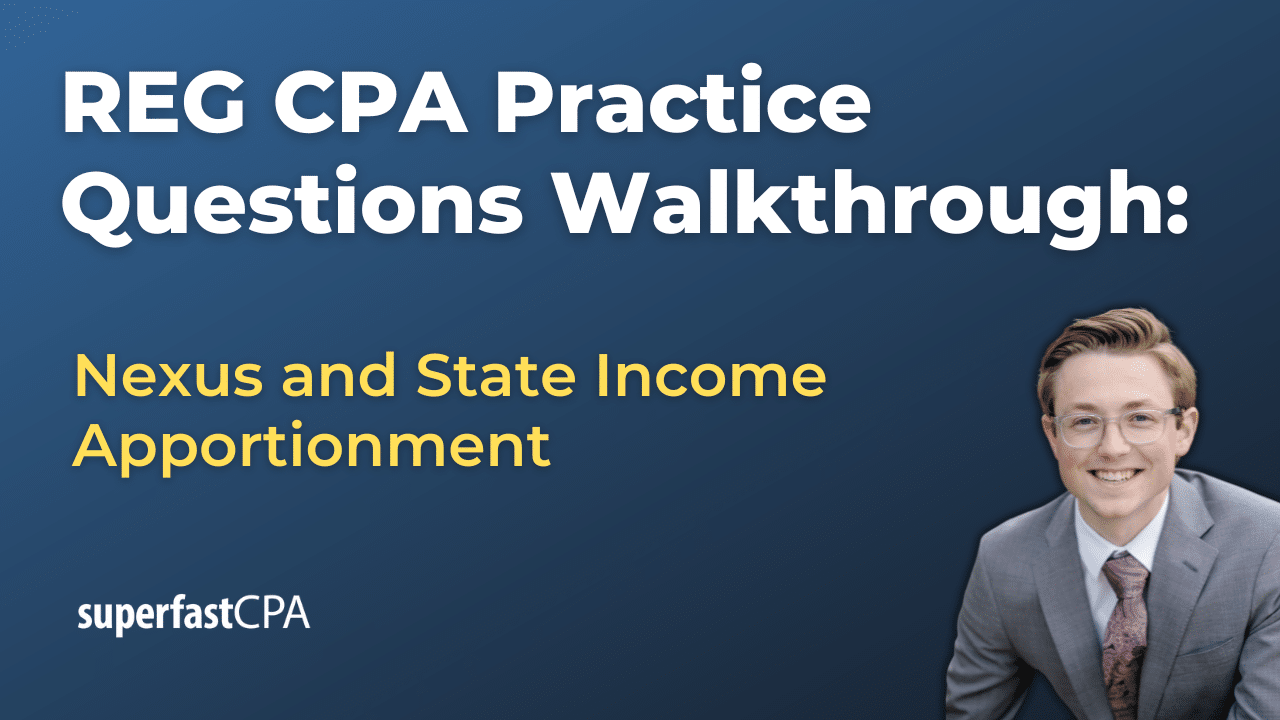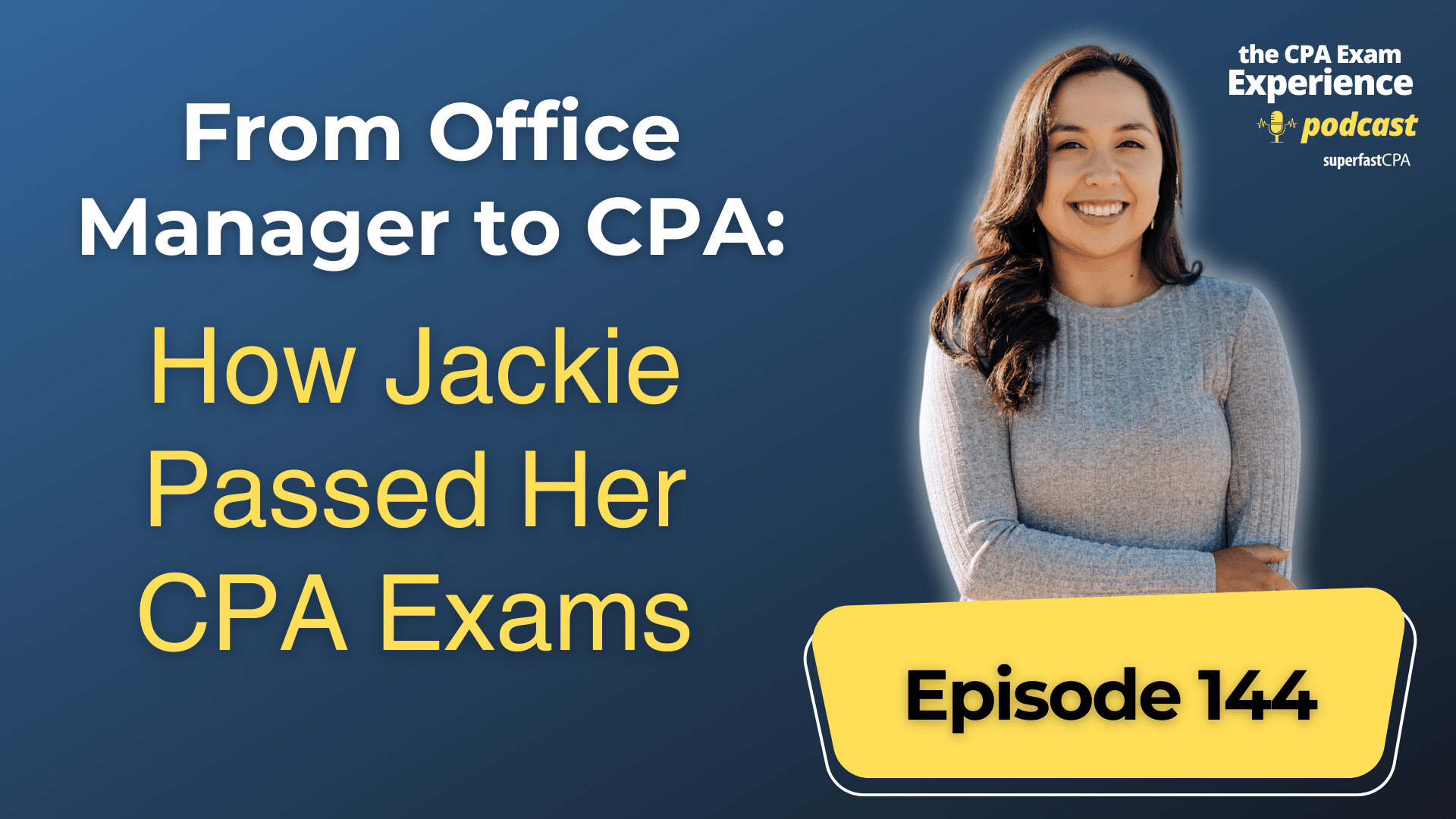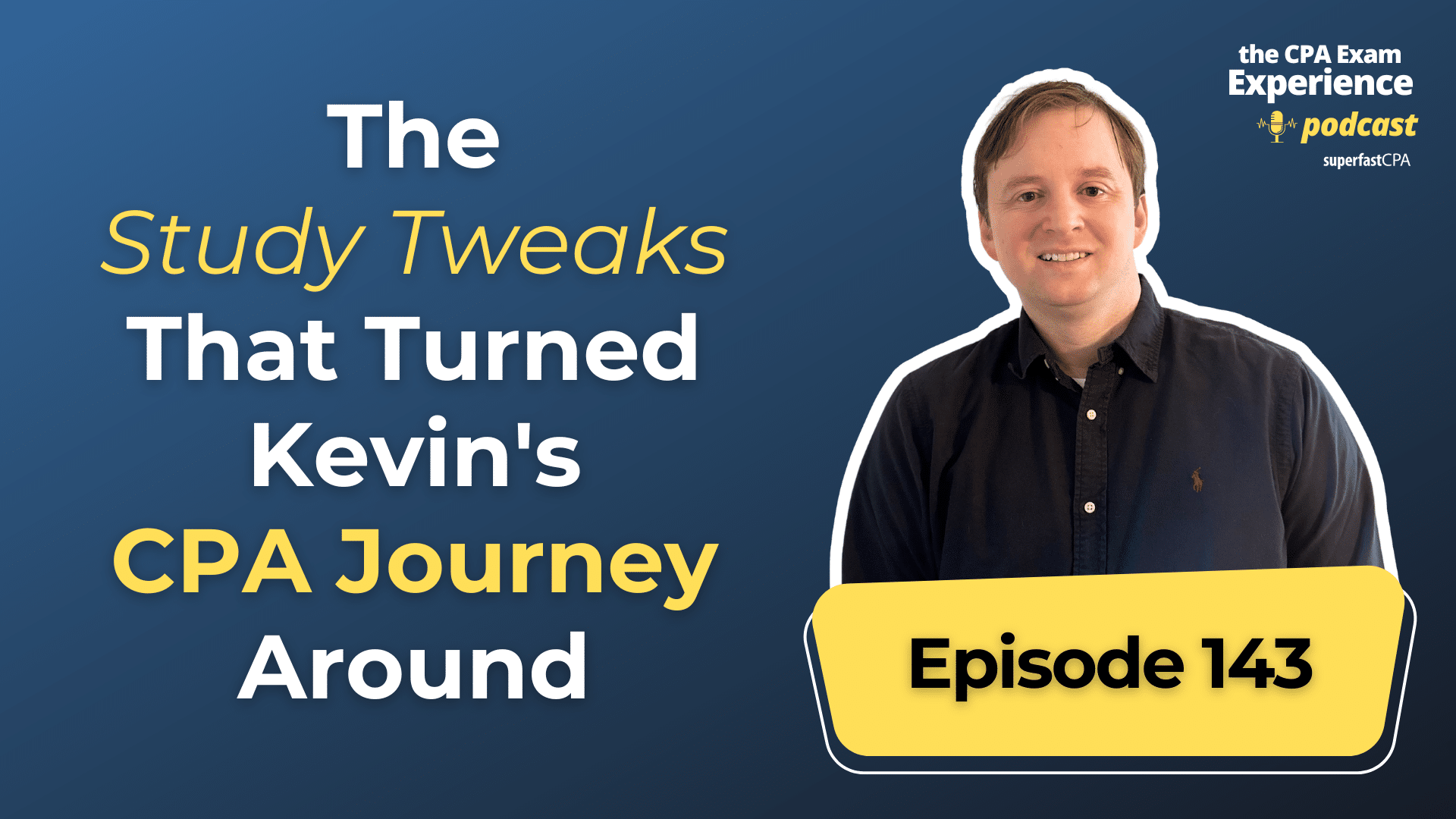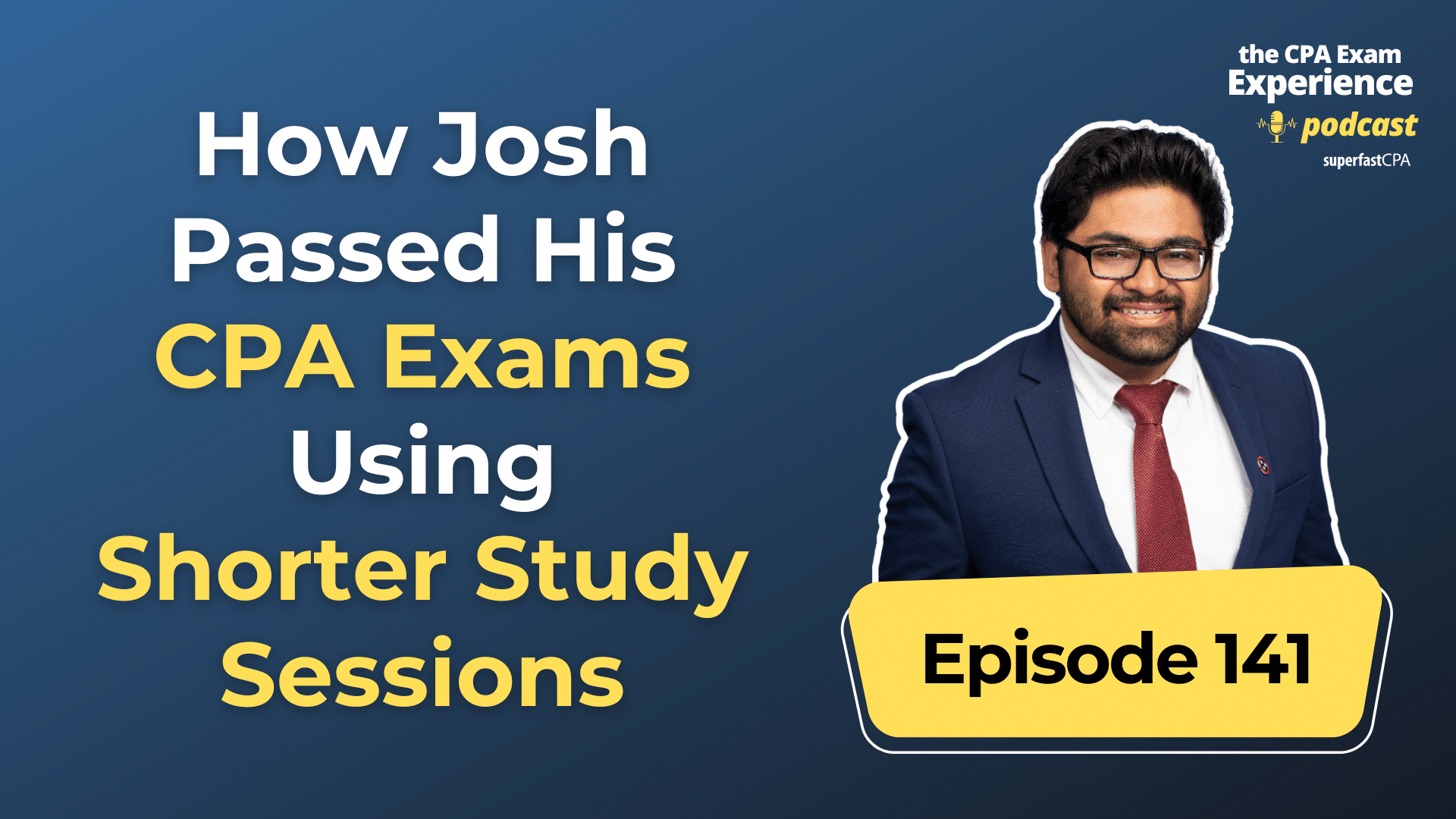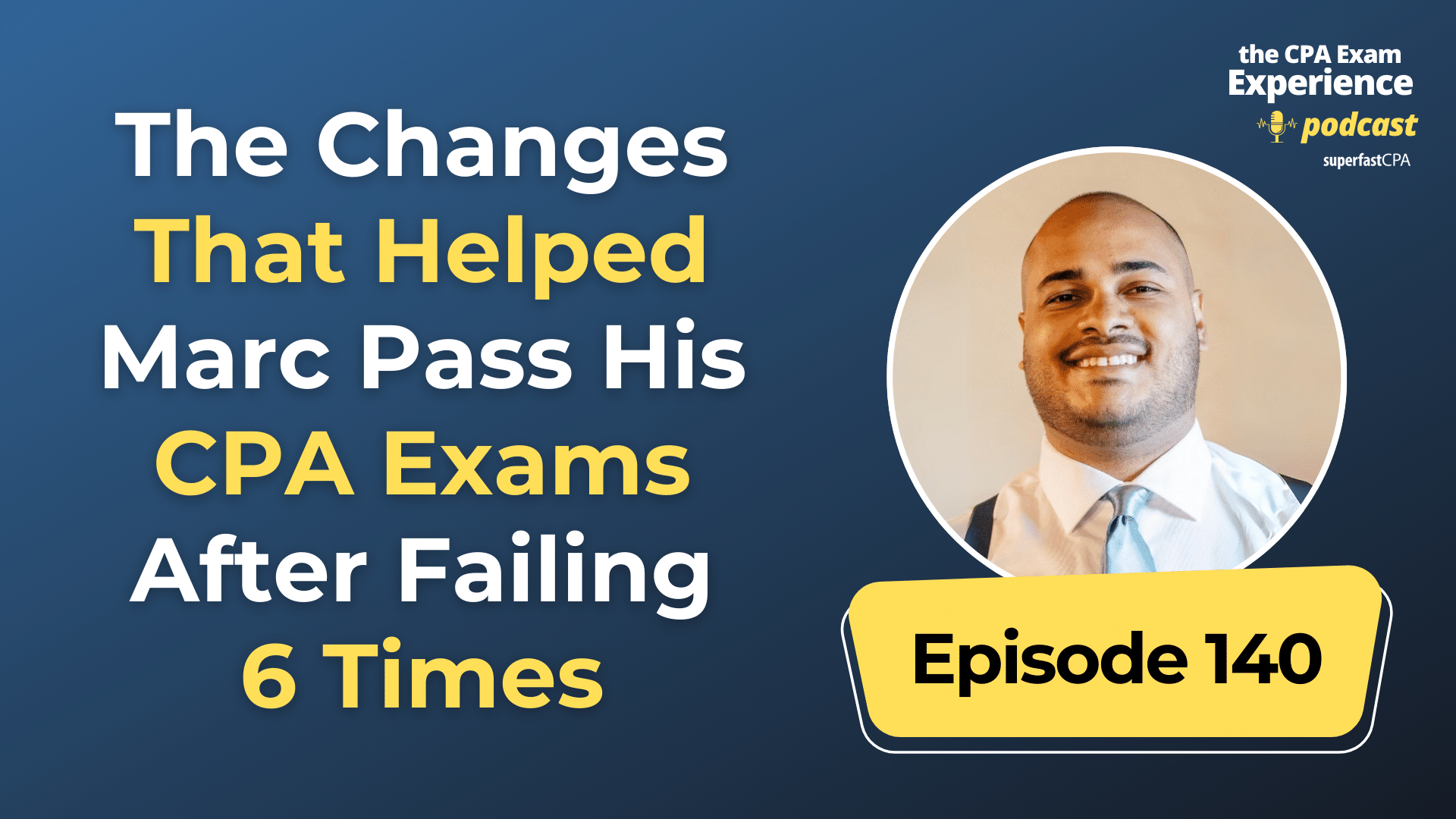Corporate Raider
A corporate raider is an investor or a group of investors who attempt to gain control of a publicly traded company by purchasing a substantial amount of its shares and using that ownership stake to exert influence over the company’s management and strategic decisions. Corporate raiders typically target undervalued or underperforming companies with the intention of implementing changes to improve financial performance and increase shareholder value.
Once a corporate raider acquires a significant stake in the target company, they may pursue various strategies to achieve their goals:
- Proxy fights: The corporate raider may launch a proxy fight, soliciting votes from other shareholders to replace the existing board of directors or management with their preferred candidates, who are more likely to implement the changes the raider desires.
- Asset sales or spin-offs: The corporate raider may push for the company to sell underperforming or non-core assets and use the proceeds to pay dividends or invest in more profitable areas.
- Restructuring: The corporate raider may advocate for a comprehensive reorganization of the company’s operations, cost structure, or capital allocation to improve efficiency and profitability.
- Merger or acquisition: In some cases, the corporate raider may seek to facilitate a merger or acquisition of the target company by another firm, often at a premium to the current market price.
While the term “corporate raider” has a somewhat negative connotation, as it implies aggressive and potentially hostile tactics, some corporate raiders have successfully increased shareholder value by forcing target companies to address inefficiencies and make necessary changes. However, critics argue that corporate raiders can also have detrimental effects on companies, employees, and communities, as their focus on short-term gains may lead to job losses, reduced investment in long-term growth, or the dismantling of businesses.
The heyday of corporate raiders was during the 1980s, when high-profile figures like Carl Icahn, T. Boone Pickens, and Sir James Goldsmith engaged in numerous high-stakes takeovers and corporate battles. Although less common today, the practice still exists, with activist investors often employing similar strategies to influence the direction of the companies they invest in.
Example of a Corporate Raider
One well-known example of a corporate raider is Carl Icahn, an American billionaire investor known for his involvement in numerous high-profile corporate takeovers and battles. Here’s a brief overview of one of his famous corporate raids involving the airline company TWA (Trans World Airlines) in the 1980s:
In 1985, Carl Icahn began accumulating shares in TWA, which was struggling financially at the time. By early 1986, Icahn had acquired a significant stake in the company, giving him substantial influence over its management and strategic decisions.
Icahn eventually took control of TWA by winning a proxy fight to replace the company’s board of directors with his own nominees. After gaining control, he became the chairman and CEO of TWA and implemented a series of changes aimed at improving the company’s financial performance.
Some of these changes included:
- Selling off various TWA assets, including its London routes, which generated significant cash proceeds.
- Restructuring the company’s debt to reduce interest expenses.
- Cutting costs by laying off employees and streamlining operations.
While these actions did result in some short-term financial improvements for TWA, critics argue that Icahn’s approach was detrimental to the company’s long-term prospects. Over time, TWA continued to face financial difficulties and eventually filed for bankruptcy in 1992.
This example of Carl Icahn’s corporate raid on TWA demonstrates how corporate raiders can use their ownership stakes in target companies to exert influence and implement changes, often focusing on short-term gains at the expense of long-term growth and stability.

